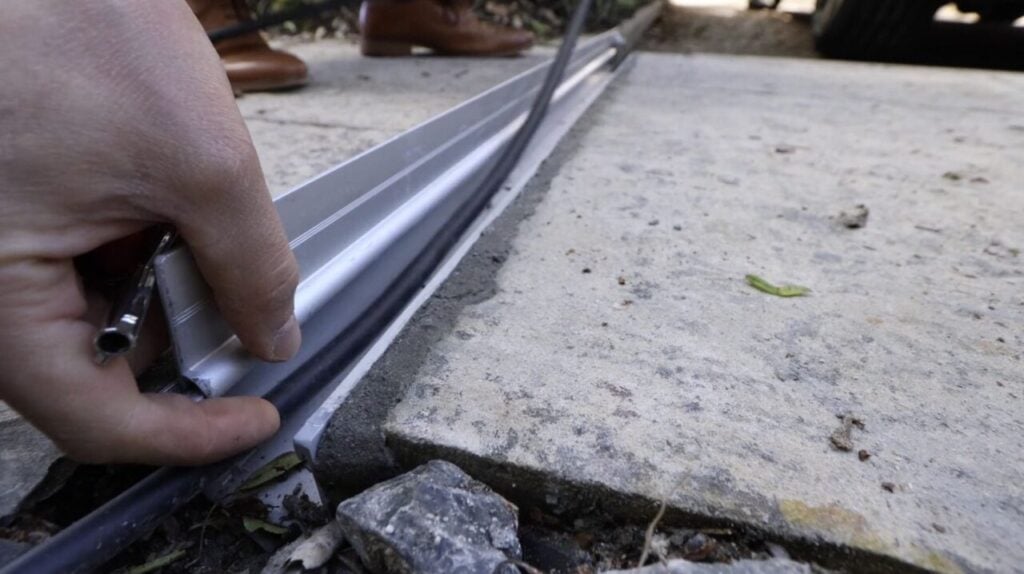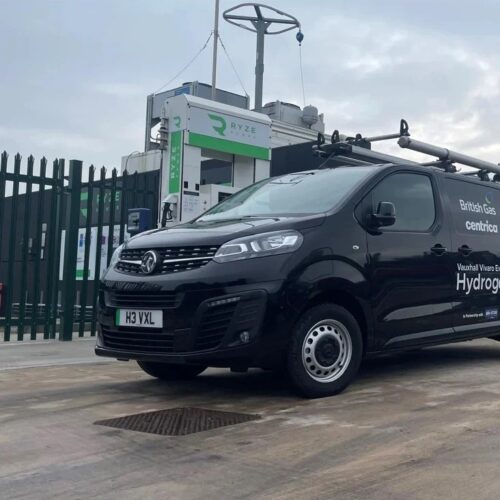A Welsh company has announced it will soon begin trials of a new system that allows electric vehicle (EV) owners to charge their vehicles from home, even if they do not have a suitable driveway.
Charge Gully has patented an EV charging system using a cable channel which sits flush with the pavement, allowing drivers to run an EV charging cable from their home to the street without creating a trip hazard. The product also self-closes when not in use, allowing the charger to be used overnight without the risk of tampering.
The firm has announced that it will begin trials of the system by installing 80 units across England and Scotland. As well as these, the company plans to test the technology in Wales at some point in the near future. To this, Ian Mach, director of Charge Gully said: “Being a Welsh company, we are eager to deploy our technology in Wales to help the many residents living in terraced houses, and other houses without driveways, charge their electric cars cheaply and conveniently from home.”
“Our solution removes one of the major barriers to EV adoption for a significant proportion of the population, and we’re excited to play a part in supporting the transition to cleaner transport across the UK.”
Home charging woes pose a major barrier to EV uptake
According to EV charger mapping company Zapmap, EV drivers without access to home charging spend over £1,000 more each year on charging than those who are able to charge from home; this fact can entirely wipe out the cost benefit of driving an EV over a petrol or diesel powered vehicle for some drivers.
As such, the UK government has been working to increase home EV charger installations to encourage wider EV charging uptake through funding solutions, including the Electric Vehicle Chargepoint Grant, which offers renters, landlords, and flat owners up to £350 off the installation cost of a home EV charger. However, this grant is set to close to applications in March 2025, with no replacement scheme announced.
At last week’s Electric Vehicle Infrastructure and Energy Summit (EVIES) in London, a host of experts discussed the needed changes to facilitate the EV rollout, with a panel agreeing that policy interventions, such as home charging grants, are key to boosting EV uptake. Additionally, the Department for Transport’s Dr Sagar Mody emphasised that private investment is key to increasing EV charging infrastructure, the lack of which is well-known to be a barrier to many seeking to switch to an EV.






